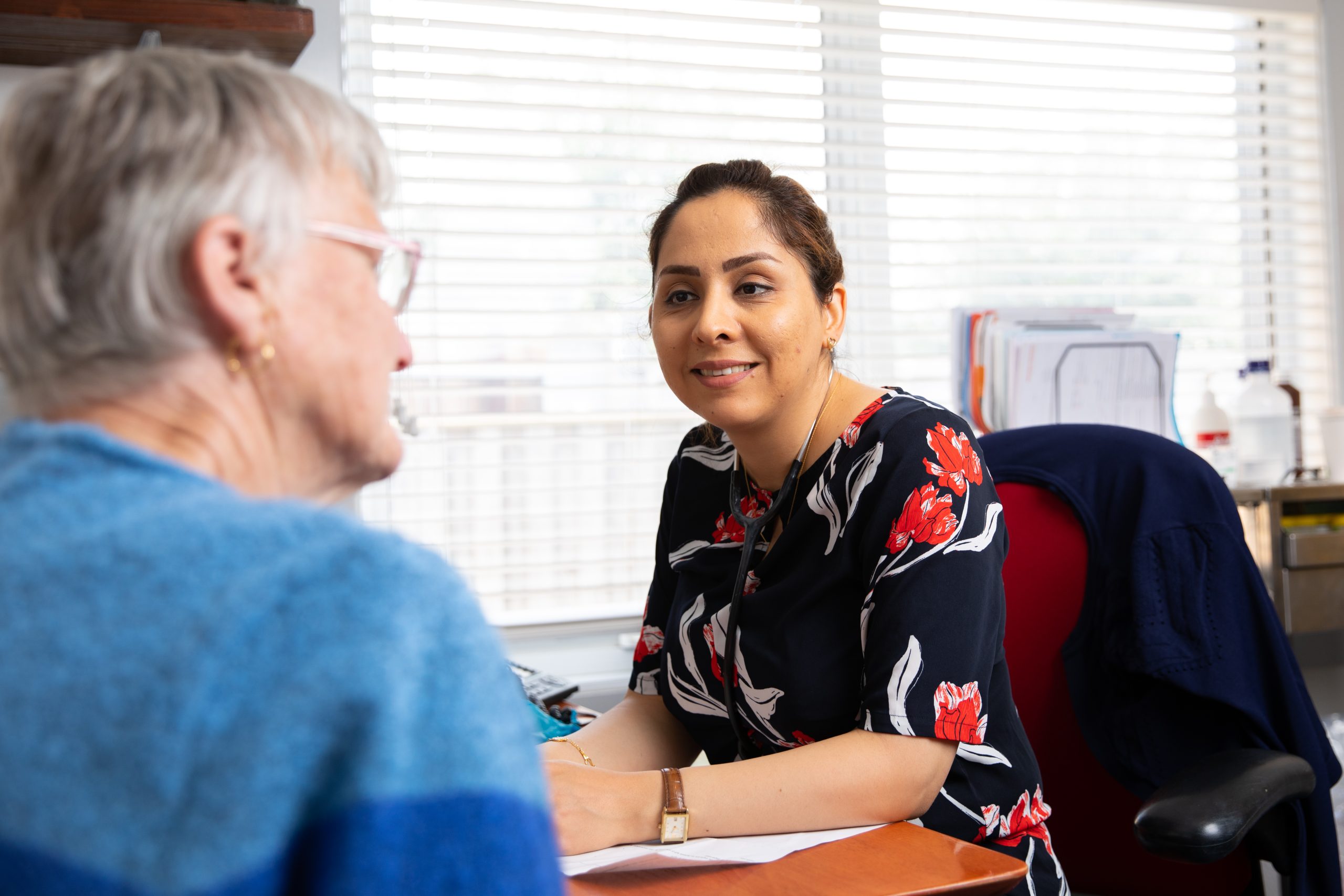A new study by Flinders University has found that longer consultations with a regular GP can significantly improve health outcomes for older Australians. The year-long trial, involving over 1000 patients, showed a decrease in hospital admissions and emergency department visits when patients received longer consultations and a continuity of care.
The trial also revealed improved health outcomes for older Australians when they saw the same doctor regularly, had prioritised appointments and received follow-up care after hospitalisation. These seemingly simple changes fostered a “slow medicine” approach, enabling GPs to provide comprehensive and unhurried care, leading to improved patient experience, reduced hospital visits and a potentially more sustainable healthcare system.
Participants reported feeling less rushed and more engaged in their healthcare. Additionally, GPs reported having more time for preventive care and deeper conversations with patients.
This study supports the RACGP’s call for a Medicare overhaul, including increased rebates and support for practices to expand their teams. While consultation lengths are increasing, GPs often lack appropriate resources, leading to burnout and pressure.
Professor Richard Reed, Head of General Practice at Flinders University, highlights the importance of this research considering the increasing needs of Australia’s aging population and rising healthcare demands. He emphasises that the intervention didn’t introduce new treatments, but rather promoted an approach where GPs could provide comprehensive and unhurried whole-person care.
This study offers compelling evidence that investing in quality time and continuity of care can lead to better health outcomes for patients and a more sustainable healthcare system. It’s time to prioritise “slow medicine” and ensure GPs are adequately supported to deliver the best possible care to all Australians.


